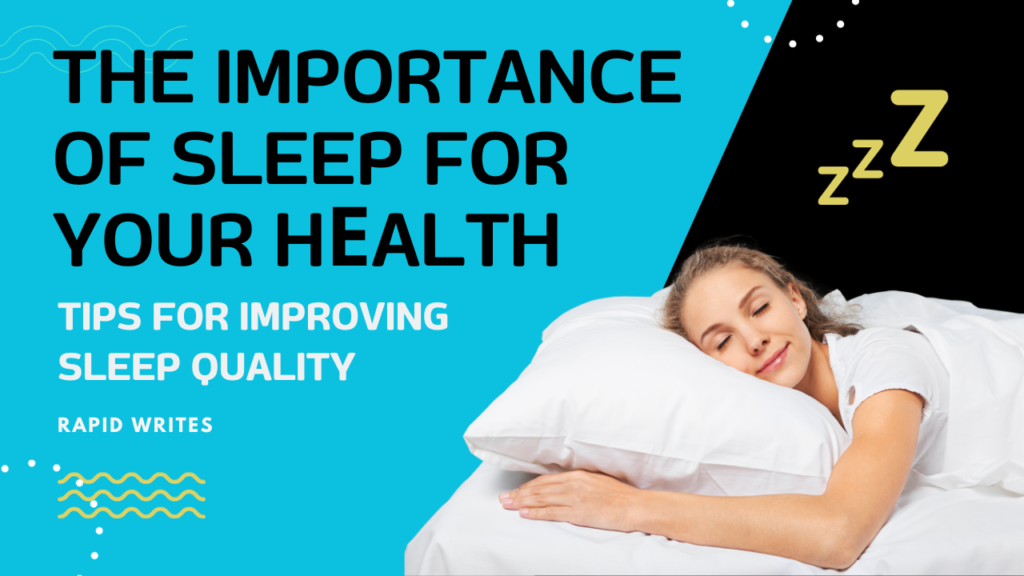Introduction
Testosterone is often associated exclusively with male health and vitality, playing a central role in popular narratives about masculinity. However, its influence extends far beyond the male physique, affecting both men’s and women’s overall well-being in profound ways. This blog post aims to shed light on the critical functions of testosterone, exploring its impact on physical and mental health, and offering insights into how lifestyle choices can affect testosterone levels.
Understanding Testosterone
Definition and Role
Testosterone is a steroid hormone predominant in males, though also present in females, responsible for the development of male physical characteristics. But its role is not confined to sexual development; it significantly impacts muscle mass, bone density, and the body’s distribution of fat.
Production and Regulation
Produced primarily in the testes in men and the ovaries in women, with a small amount made in the adrenal glands, testosterone levels are regulated by the hypothalamus and pituitary gland. This regulation ensures that balance is maintained, reflecting the body’s needs.
Testosterone Levels by Age
Testosterone levels naturally peak during adolescence and early adulthood. As individuals age, it’s common for levels to decline, a factor that can influence various aspects of health and well-being. Lifestyle, health status, and specific medical conditions can also affect testosterone production and balance.
The Impact of Testosterone on Physical Health
Muscle Mass and Bone Density
Testosterone plays a pivotal role in building muscle mass and maintaining bone density. It stimulates the production of muscle protein, contributing to increased strength and muscle size. For bone health, testosterone affects bone mineral density, which is crucial for preventing osteoporosis and fractures.
Testosterone and Mental Health
Testosterone’s influence extends beyond the physical, significantly affecting mental health and cognitive functions. Understanding this relationship can help in managing mood and mental well-being more effectively.
Mood and Cognition
Testosterone has been linked to mood regulation, with low levels often associated with an increased risk of depression and mood swings. Furthermore, optimal levels of this hormone are crucial for cognitive functions, including memory and concentration. Studies suggest that men with healthier testosterone levels tend to have a lower risk of Alzheimer’s disease and better cognitive performance overall.
Stress and Anxiety
The relationship between testosterone and stress involves a delicate balance. While acute stress can temporarily increase testosterone levels as part of the body’s fight-or-flight response, chronic stress leads to elevated cortisol levels, which may suppress testosterone production. This suppression can contribute to heightened feelings of anxiety and a decreased ability to cope with stress.
Lifestyle and Testosterone Levels
Lifestyle factors play a significant role in maintaining optimal testosterone levels. Here are some key areas where informed choices can make a substantial difference.
Diet and Nutrition
What you eat impacts your hormone levels. Diets rich in high-quality proteins, healthy fats, and essential nutrients support testosterone production. Certain foods, like those high in zinc and vitamin D, are particularly beneficial. On the other hand, excessive alcohol intake and diets high in processed foods can negatively affect testosterone levels.
Exercise and Physical Activity
Regular physical activity, especially strength training and high-intensity interval training (HIIT), has been shown to boost testosterone levels. Exercise not only helps in maintaining a healthy weight but also aids in hormone regulation, contributing to optimal testosterone production and balance.
Sleep and Stress Management
Quality sleep is crucial for testosterone production. Most testosterone synthesis occurs during sleep, highlighting the importance of a good night’s rest. Aim for 7-9 hours per night to support hormone health. Additionally, managing stress through mindfulness practices, meditation, or yoga can help maintain a healthy balance between cortisol and testosterone levels.
Addressing Testosterone Imbalance
Recognizing and addressing testosterone imbalances is vital for overall well-being. Here’s how to identify and manage low levels.
Symptoms of Low Testosterone
Symptoms of low testosterone can include reduced muscle mass, increased body fat, low libido, fatigue, difficulty concentrating, and mood changes. If you’re experiencing these symptoms, it’s important to consult a healthcare professional for evaluation and testing.
Medical Interventions
For those diagnosed with low testosterone, hormone replacement therapy (HRT) may be recommended. HRT should be carefully considered and monitored by a healthcare provider to ensure its benefits outweigh any potential risks.
Natural Boosters
In addition to lifestyle adjustments, certain natural supplements and herbs are believed to support testosterone levels, such as fenugreek, ashwagandha, and ginger. However, always consult with a healthcare professional before starting any supplement regimen.
Conclusion
Testosterone plays a crucial role in both physical and mental health. By understanding how this hormone affects the body and taking proactive steps to maintain healthy levels through diet, exercise, sleep, and stress management, individuals can significantly enhance their overall well-being. If you suspect a hormonal imbalance, seeking professional advice is essential to receive appropriate treatment and support.



